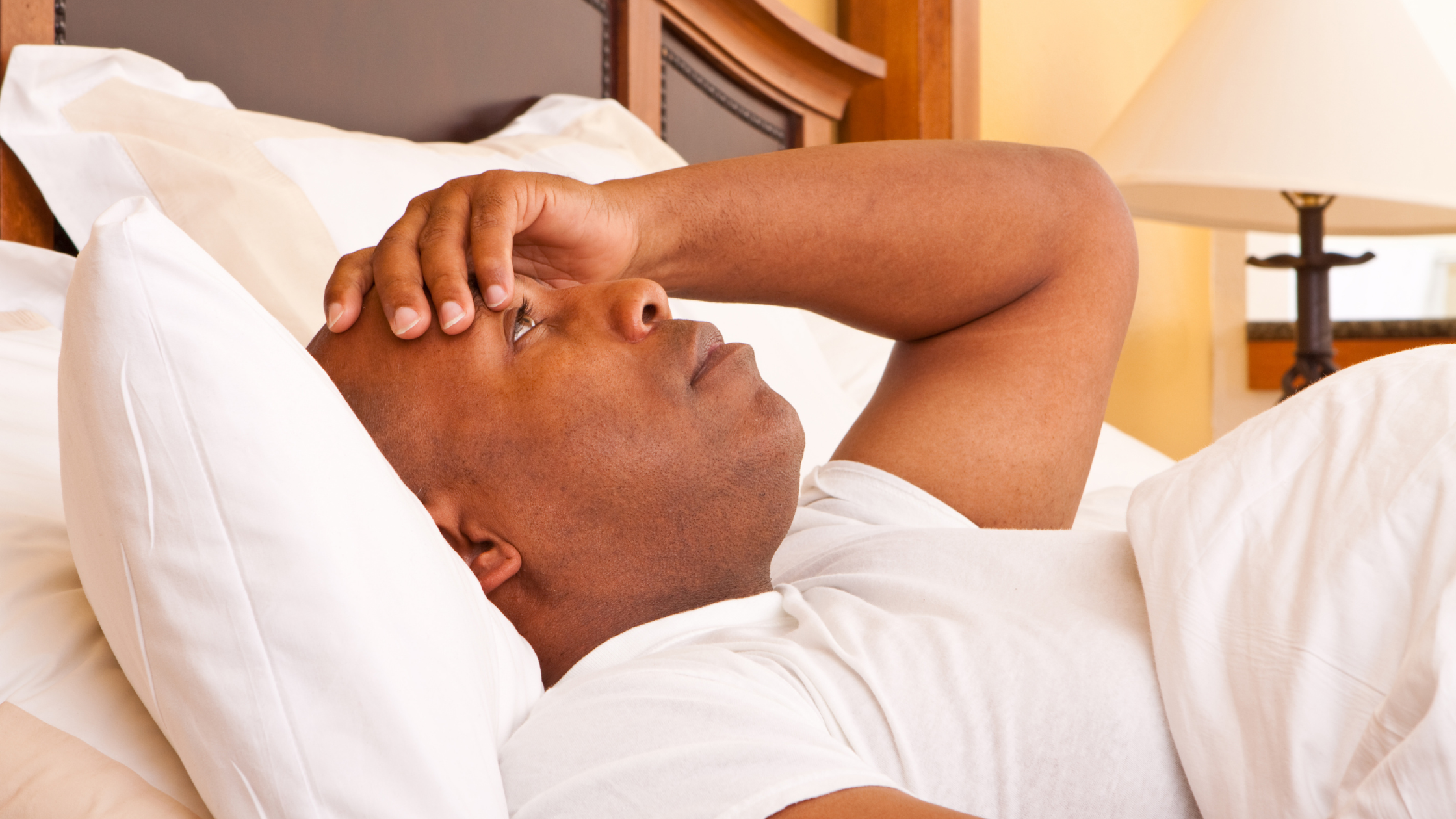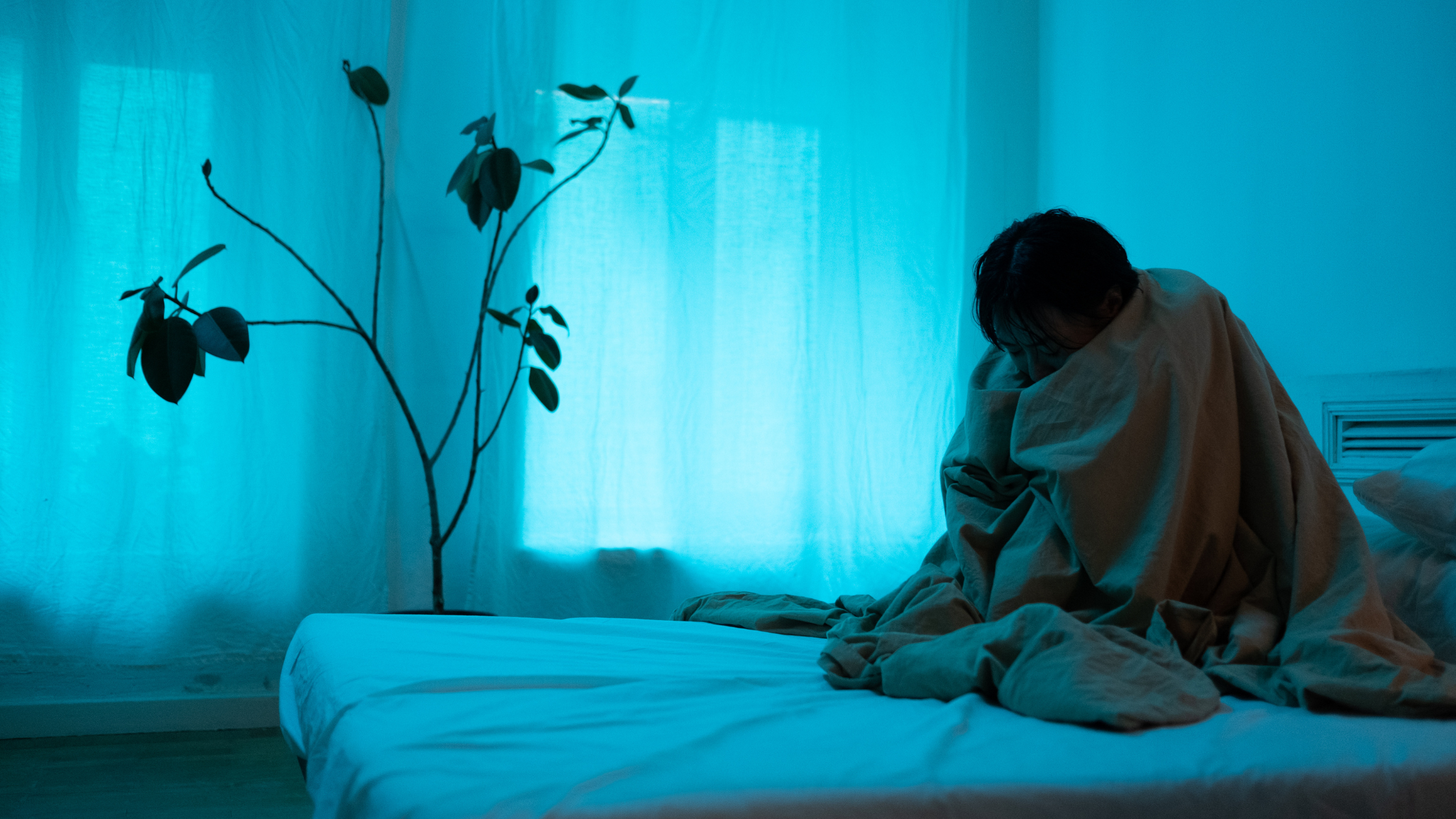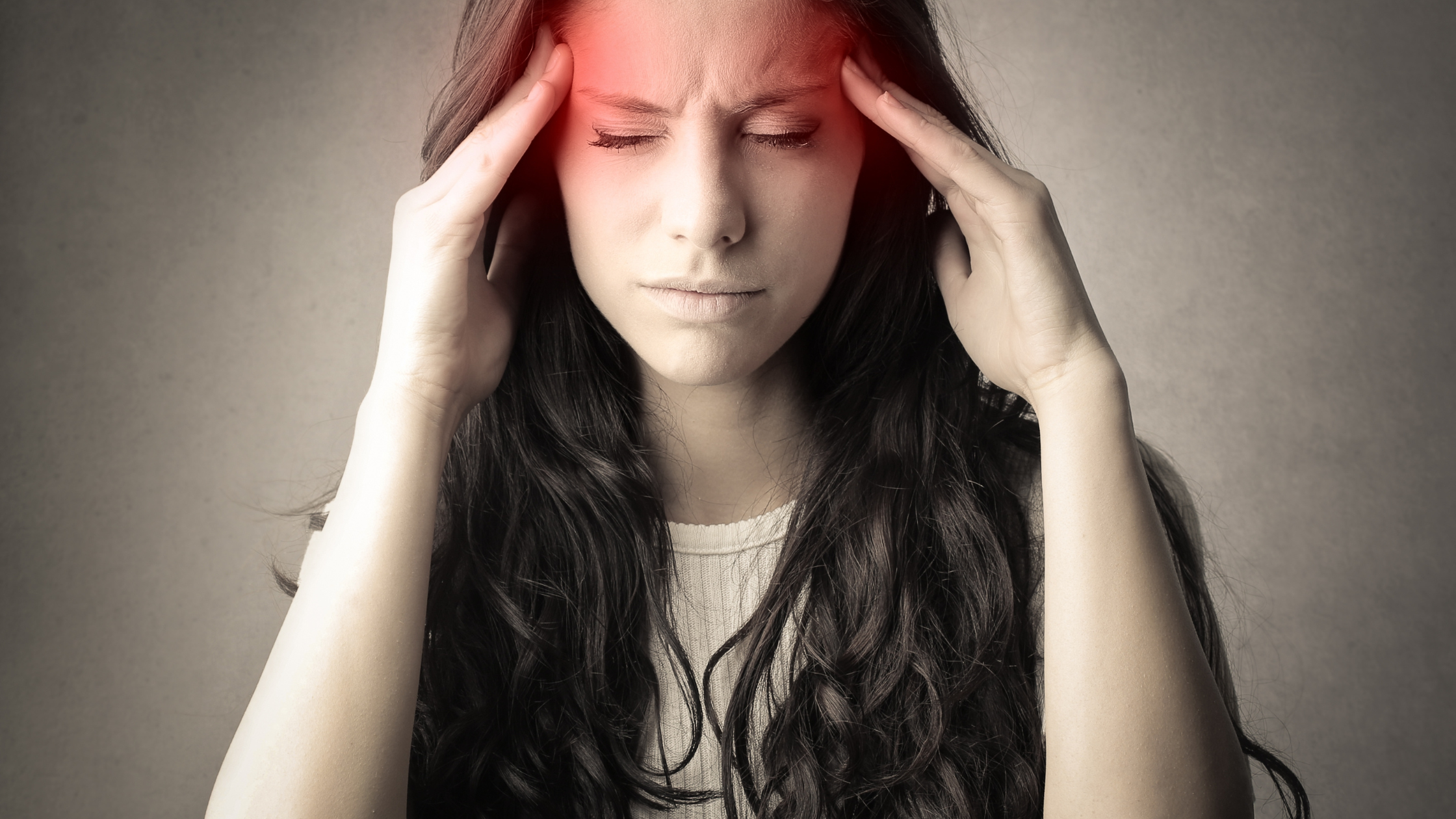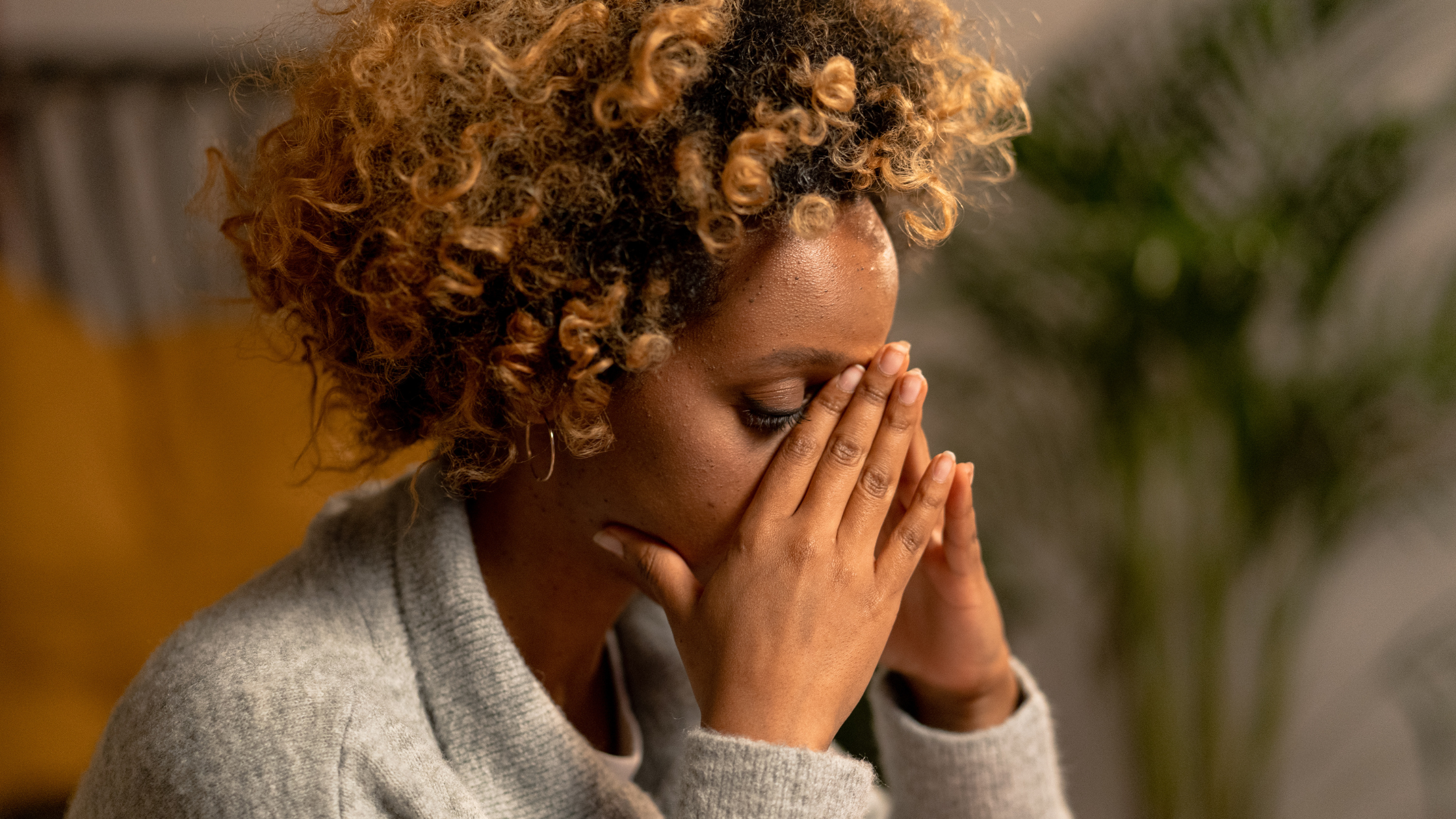Trouble sleeping is a problem that affects everyone at one point or another. Sometimes the issues is just for a night or two because you're feeling anxious, or you're not sleeping in your bed, etc. Some times the issue is over a long period of time, or chronic. That can negatively affect your life in a major way.
If you can't sleep, there are a few tricks that you can try to help you get your z's. Continue reading to learn more about why you can't sleep and what you can do to improve your sleep.






